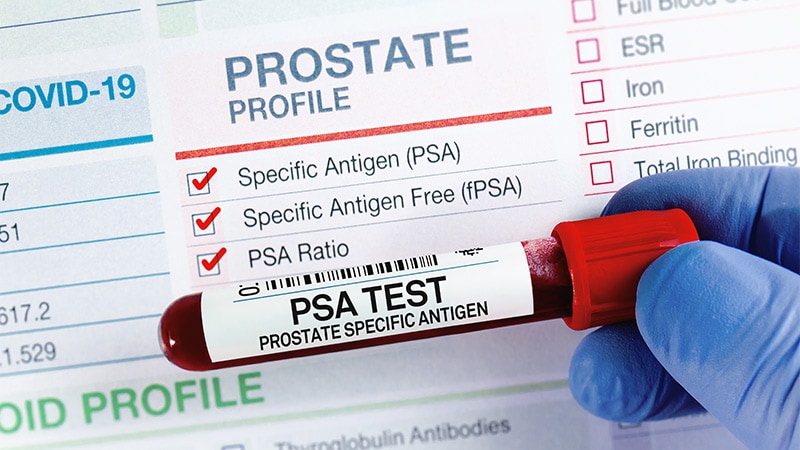Prior antibiotic (pATB) therapy but not concurrently ATBs (cATBs) is associated with reduced response to immune checkpoint inhibitors (ICIs) in patients with cancer, suggests a study published in JAMA Oncology.
Because gut dysbiosis is known to impair ICI response and can be caused by broad-spectrum ATBs, a team of researchers led by Imperial College London conducted a prospective, multicentre, cohort study at two tertiary academic referral centres in the UK, which included 196 patients with non-small cell lung cancer (n=119), melanoma (n=38), and other tumour types (n=39) to determine whether there is an association between ATB therapy and overall survival (OS) and treatment response.
Univariate survival analyses found that those who received pATBs had nearly double the likelihood of poor response to ICI treatment compared to those who did not receive prior antibiotics (44% vs 81%; P<0.001). pATB therapy (HR 7.4; 95% CI 4.3-12.8; P<0.001) but not cATB therapy (HR 0.9; 95% CI 0.5-1.4; P=0.65) was associated with worse OS in those who received pATBs vs those who did not (2 vs 26 months).
Multivariate analyses confirmed that pATB therapy (HR 3.4; 95% CI 1.9-6.1; P<0.001) and response to ICI therapy (HR 8.2; 95% CI 4.0-16.9; P<0.001) were associated with OS independent of tumour site, disease burden, and performance status.
The differences in OS between those receiving pATB vs those who did not was 2.5 vs 26 months for non-small cell lung cancer, 3.9 vs 14 months for melanoma, and 1.1 vs 11 months for other tumour types (all P<0.001).
“Mechanistic studies are urgently required to investigate ATB-mediated alterations of gut microbiota as a determinant of poorer outcome following ICI treatment,” the authors advised.



